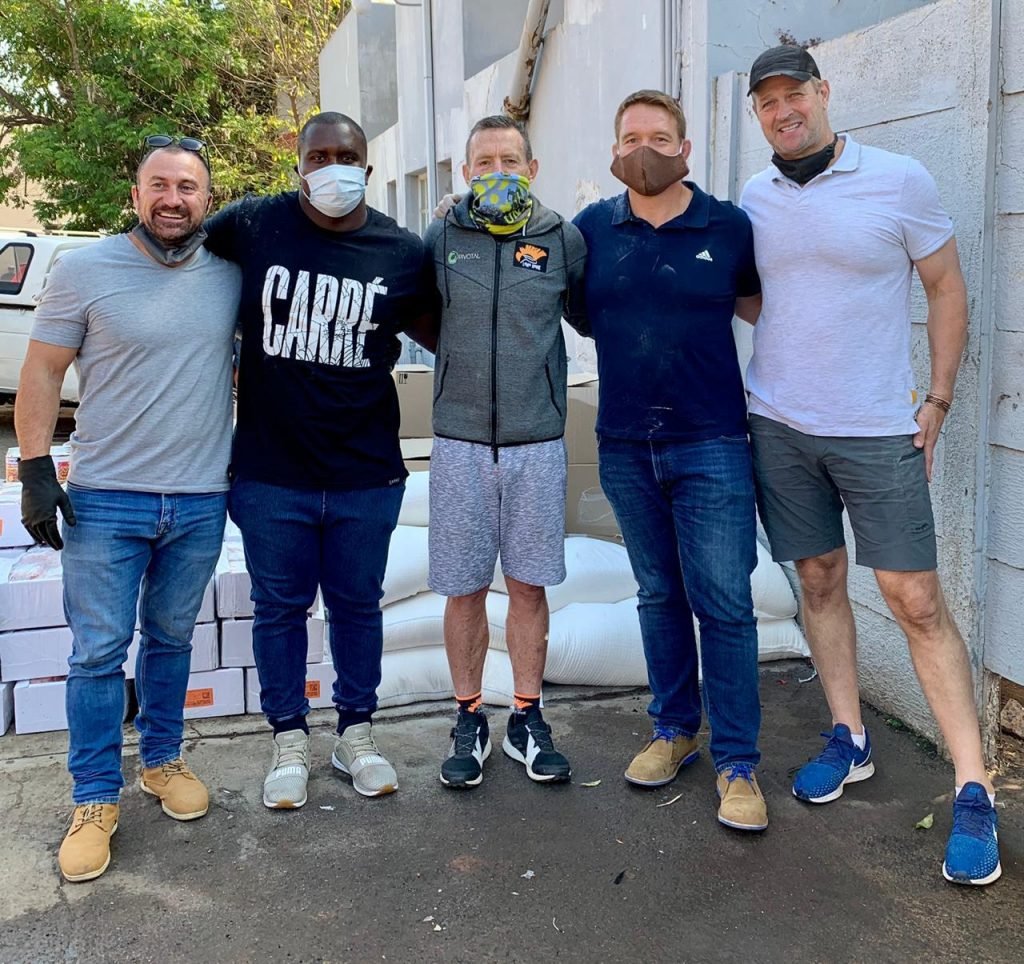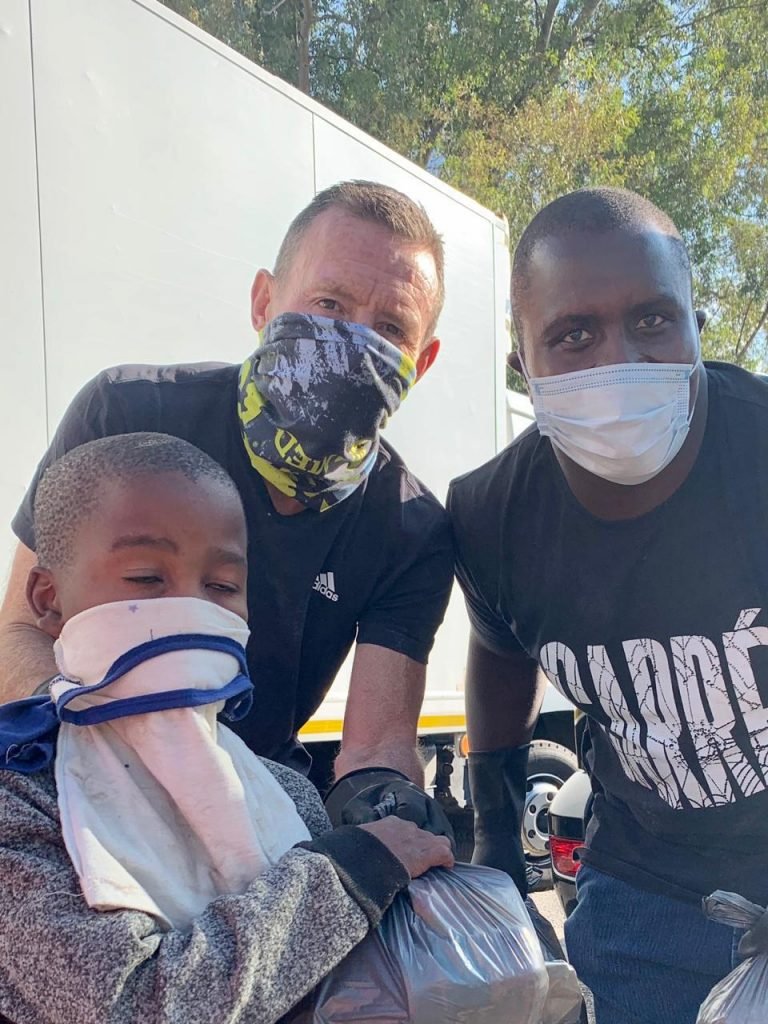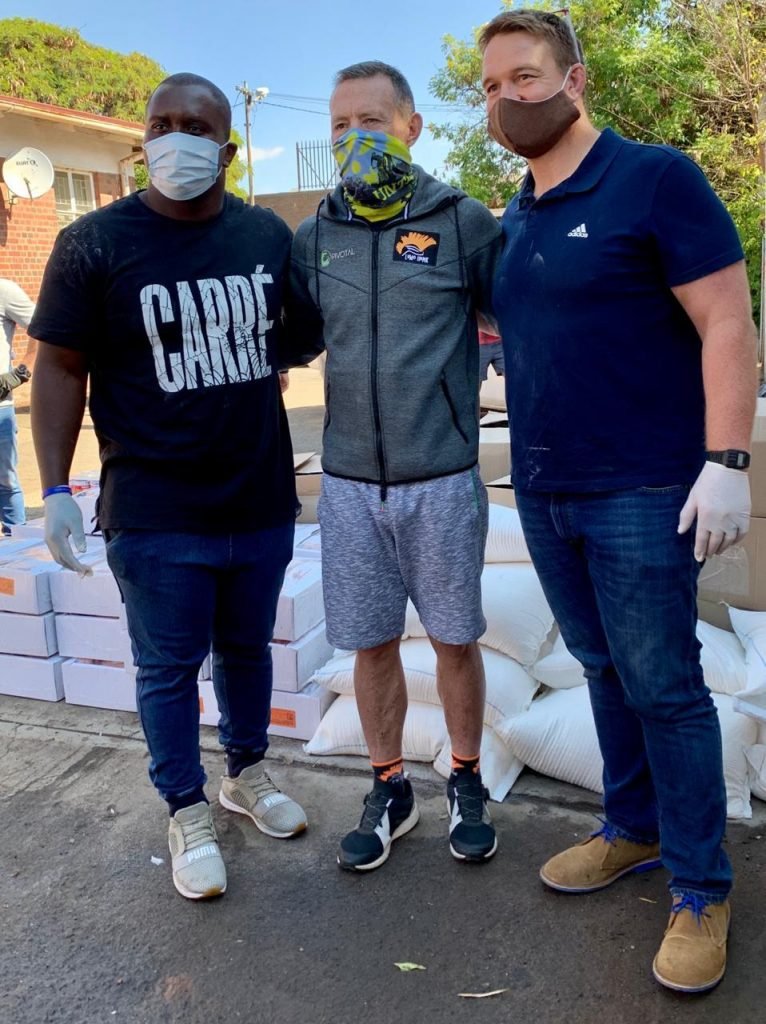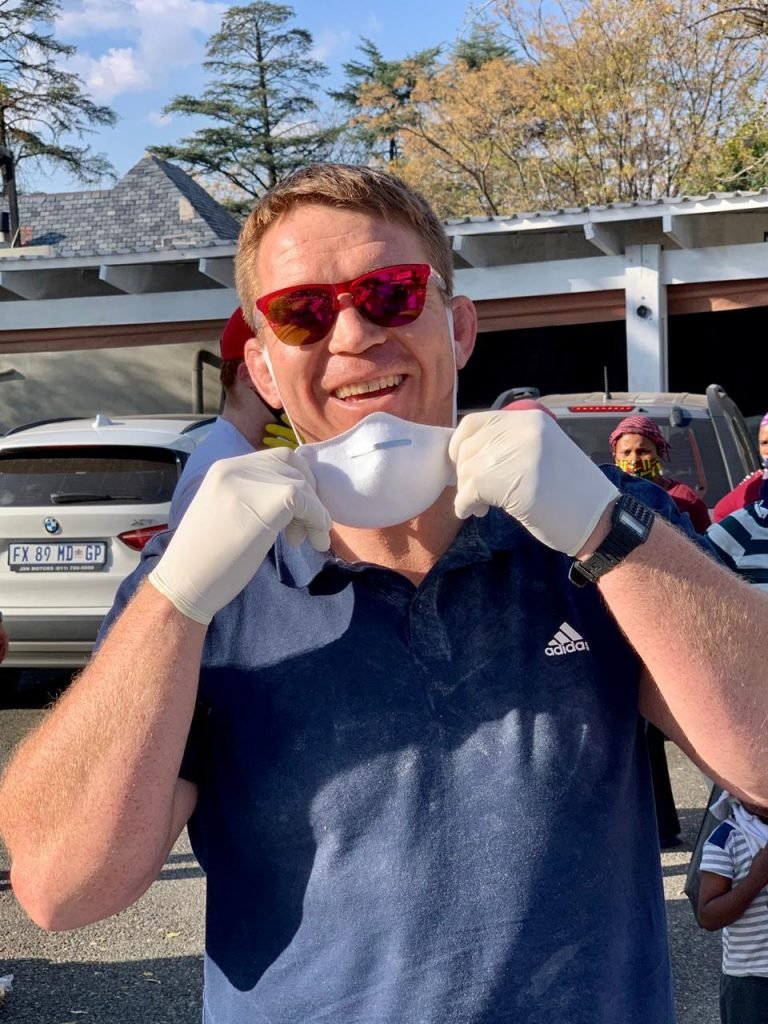It was a very exciting weekend of rugby – although obviously the SuperRugby results weren’t very good for South Africa – and the importance of competing hard at the breakdowns was shown in two of the biggest games of the weekend.
One of the positives for South African rugby to take out of the weekend was France beating England in such passionate, collision-dominant fashion. They really blitzed England at the breakdowns and the tackle and have certainly given the Springboks a blueprint for success in their June series against England. The things which worked for France are certainly tactics we can do as well.
Defensively, France really competed at the breakdown and were able to disrupt England’s really flat attack. The decision needs to be made by the Springboks to replicate this, although it also depends on what loose forward combination they choose. But the Springboks tend to prefer having 14 players on their feet, all defending in a row. I can remember Chean Roux and Rassie Erasmus preaching to us that for the first 15 minutes the Springboks mustn’t compete at all at the breakdown! Fortunately we ignored that.
Obviously England have breakdown problems away from home and they were only able to get go-forward when their finishers came on, guys like James Haskell and Kyle Sinckler. When they came on it solved their problem in terms of power in the collisions and I’m sure Eddie Jones would have learnt some lessons about having more power up front. Especially with two of the Tests against South Africa being played at altitude, the power factor really comes into play in what should be high-scoring games.
The Lions versus Blues game was also a very exciting encounter. The Blues gave it their all, they played with an utter sense of purpose and passion, and they played with that intensity for the full 80 minutes. Normally against the Lions at altitude, the wheels come off at the back end of the match – think back to the game against the Hurricanes in the semi-final last year and even against the Crusaders in the final when the Lions only had 14 men. The Lions certainly finished the stronger team in both those games.
But the Blues were the stronger finishers last weekend and I’m not convinced the balance of the Lions back row is correct. Playing lock is very different to blindside flank and the Lions have been at their best when Kwagga Smith, Warren Whiteley and Jaco Kriel have been their loose trio, along with Malcolm Marx at hooker. That group is good on the floor, at the breakdown and in the tackle, which enables them to slow down the opposition’s ball and win turnovers.
And because the Lions generally play to a 1-3-3-1 system, it means they usually have two back-rowers on the edge of the field, which provides them with strike power, certainly Smith and Kriel have given them real impetus in the past.
It’s not quite the same when you look at Franco Mostert playing that role, and then you look at the ease with which the Blues scrumhalf was able to get around him at scrum time. The Lions need to look at whether he should be persevered with at number seven; the problem is they are well-stocked at lock and maybe they feel their other back-row players aren’t up to the level needed.
With the loss of Whiteley for the next four games we will see whether the experiment will continue or whether the Lions will go down another road.
To be fair to the Blues, they were very disciplined and they gave a blueprint as to how to beat the Lions. They denied them entry into their own 22, from where they strike with their strong lineout and drive, and they obviously didn’t give them many penalties.
The Blues were also able to keep the ball, through many phases, and the Lions were just not able to get over the ball and get steals. The Lions defence was good, but there were few turnovers, so they were on the back foot for long periods of the game.
Aphiwe Dyantyi made two key interventions in the match – his interception try was absolutely superb and then his charge down of a restart, if he had just been able to gather the ball then the game would have been won … those are the small margins in SuperRugby.
But the major thing is that the Lions spent too long defending and the Blues got the confidence to come back. And what a good effort it was to come back from 21-3 down. At altitude things change quickly, but normally for the home team.
The Blues generally kicked off shape – in other words they would keep the ball in order to bring the Lions wings up and isolate Andries Coetzee at the back, meaning they were able to find space in the corners quite easily, and a good chase then meant the Lions were under pressure.
Most importantly, your scrum has to stand up to the opposition front five, and the Blues did that all game.
You have to credit the Blues for never running out of steam, and credit to the Lions for their part in a fantastic game of rugby. It shows the high standards of Swys de Bruin that he was very upset and complaining about his team at halftime, even though they were 21-10 up. Swys favours all-out attack, he has a simple philosophy of beating your man, he wants his players to take on their opposite number.
It’s been a big month for the Lions with two local derbies, but there will always be a slight let-up in intensity somewhere in the competition and there are times when you have to win when you are not at your best.
It was also interesting to note Marx being kept on the field for the whole time, so he’s now played four straight 80 minutes, even though Robbie Coetzee is not a bad replacement. The Lions are going to have to look at Marx’s workload.
I was with the Sharks at the weekend and I was able to visit my old Springbok friend Ricardo Loubscher, who is now coaching their SuperSport Rugby Challenge side. It was nice to exchange ideas with him and meet up with a lot of old friends at Kings Park.
I was also able to meet and chat with Alan Zondagh, the former Western Province coach, who has a great passion for attack. He raised a very interesting point that all teams play a similar style of attack these days – the 1-3-3-1, you see the same style from all the teams.
It will be an interesting weekend of SuperRugby again and I think the Lions will bounce back, they’ll be expecting five points as they have the good fortune to play the Sunwolves, and remain in a good position before they go on tour. I don’t think their slip-up against the Blues will be too costly because the Aucklanders are not really seen as contenders, and a bonus point win this weekend will see them still in a good position.
The Sharks now have a difficult run of four games away on tour and it was interesting to see coach Robert du Preez being so positive as to target four wins. That would be a first for a touring side!
The Bulls are in Hamilton, John Mitchell’s old stamping ground, to face the Chiefs and it will be interesting to see how they go. The Chiefs have been competitive this season, they beat the Blues before their good win this last weekend. It’s been an interesting change to have Damian McKenzie at flyhalf and I didn’t expect them to be as good as they have been. But in New Zealand they just seem to be able to rustle up fresh 100kg centres and wings that are flippen quick.
The Stormers have a home game against the Blues and it is non-negotiable to win at home if you are going to try and get a home semi-final. Anything away from home is a bonus. Just look at the Hurricanes, who were not very convincing against the Bulls but then smashed the Crusaders quite convincingly in Wellington last weekend.
John McFarland is the assistant coach of the Kubota Spears in Japan and was the Springbok defence coach from 2012 through to the 2015 World Cup, where they conceded the least line-breaks in the tournament and an average of just one try per game. Before that, McFarland won three SuperRugby titles (2007, 09, 10) with the Bulls and five Currie Cup crowns with the Blue Bulls. In all, he won 28 trophies during his 12 years at Loftus Versfeld.




